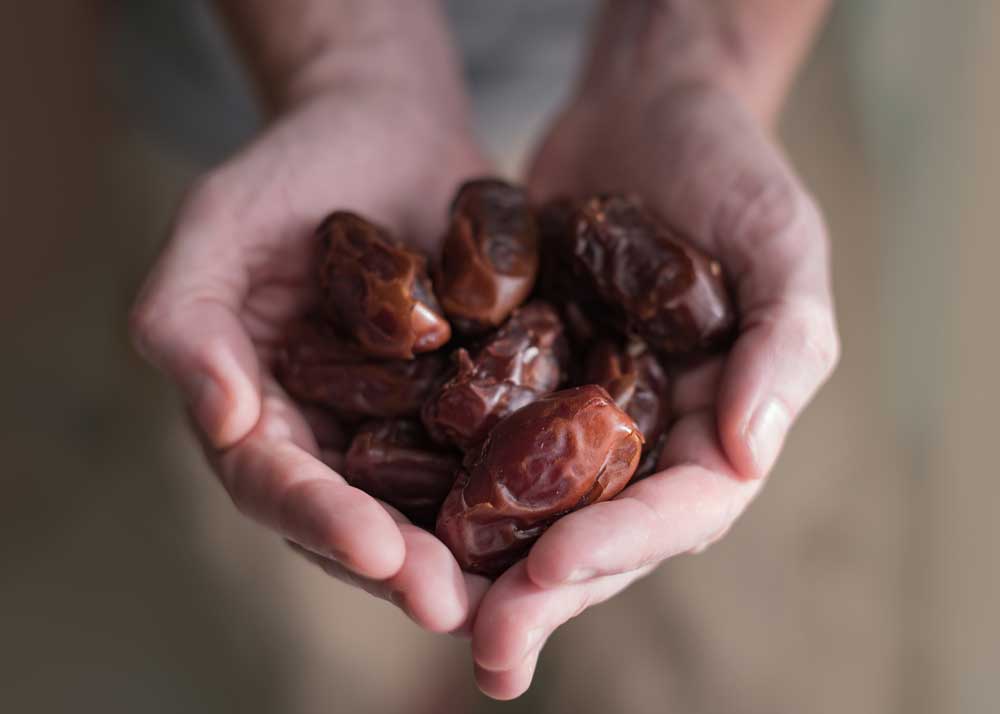
22 May How to keep healthy during Ramadan 2018
The Holy Month of Ramadan is an important part of the Islamic year and can actually be good for your health, if done correctly. The main thing is to try to maintain a balanced diet and keep as active as you feel comfortable with. Of course there are certain conditions which could make it unsafe. So if you have any medical conditions, take regular medications or are pregnant or breastfeeding, it is advisable to see your doctor to discuss whether fasting would be suitable for you in Ramadan 2018.
Even if you are not fasting this Ramadan, why not use it as an opportunity improve your health and wellbeing?
We’ve got some top tips to keep you on track over this month of fasting with the help from our friends at NHS UK. For more info you can read their full article here: https://www.nhs.uk/live-well/healthy-body/fasting-and-your-health/
Balanced Diet
As it is likely that there will be lots of big family dinners and gatherings throughout the Holy Month, it is important to you opt for a balanced diet with the right proportion of carbs, fat and protein. Try and eat as you usually would and limit the amount of sugary foods. Instead include healthier sources of carbohydrate in your diet, such as whole grains, potatoes, vegetables, fruits, legumes, and lower fat dairy products. Make sure to keep your fiber intake high as well which will keep your bowels healthy and add bulk to your meal, helping you to feel fuller for longer.
Iftar
It’s customary for Muslims to break the fast (Iftar) with some dates, in accordance with the Prophetic traditions. Dates will provide a burst of energy. Fruit juices will also have a similar revitalising effect. Start by drinking plenty of water, which helps rehydration and reduces the chances of overindulgence. Avoid the rich, special dishes that traditionally celebrate the fast.
Suhoor
Suhoor, the pre-dawn meal, should be a wholesome, moderate meal that’s filling and provides enough energy for many hours. Slow digesting food like oats provide a constant release of energy and it’s important to have some fluids with vitamins, such as fruit juice or even try isotonic drinks to replace any lost salts.
Caffeine
Maybe you are missing your regular cups of coffee and tea during the day, but it’s also worth avoiding caffeine-based drinks including carbonated soft drinks during iftar and suhoor also. Caffeine is a diuretic and stimulates faster water loss through urination.
Feeling faint
If you are feeling dizzy, faint, weak, confused or tired, even after you have had a good rest. Break your fast immediately and drink water containing salt and sugar, or an oral rehydration solution to replenish salt, minerals, glucose, and fluids.
Dehydration
Dehydration can become so bad during the fast that you have to break it. This can happen especially in the hotter months. If you produce very little or no urine, feel disoriented and confused or faint then you must break your fast and have a drink of water. This can be made up at a later date when you are feeling healthy.
Smoking
Ramadan is a great time to quit smoking and an opportunity to change other unhealthy habits. Ask your doctor for help to stop smoking.
So overall, remember that Islam does not require you to make yourself ill during fasting. Take good care of yourself and make good choices with your nutrition and exercise.
Ramadan Kareem from the Health at Hand team.
To find out about how to register your company for a corporate account, please email amy@myhealthathand.com


